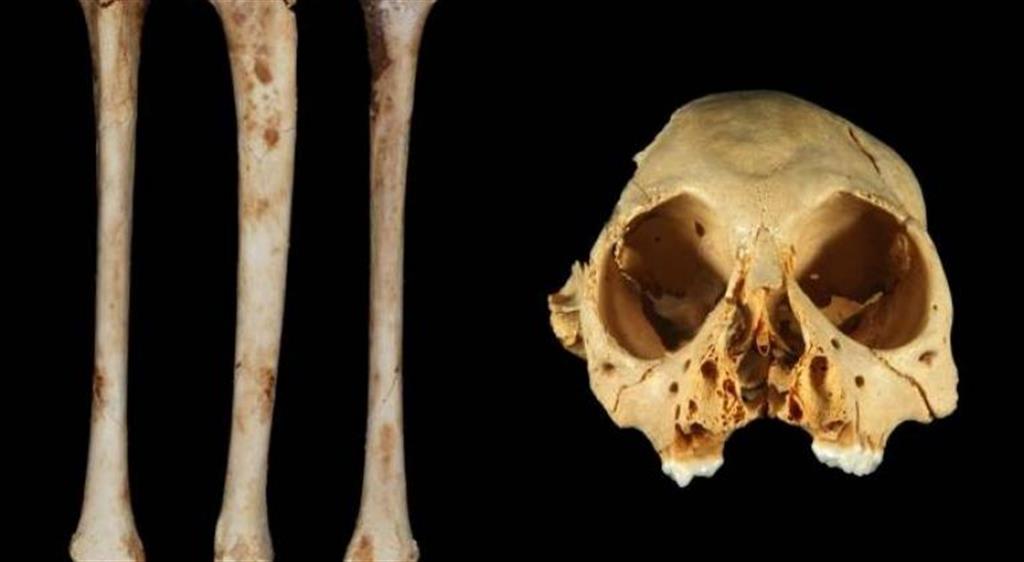These species, called primatomorphans, were found on Ellesmere Island, Nunavut, Canada, in sediment layers linked to the early Eocene.
According to the study lead author Kristen Miller at the University of Kansas Biodiversity Institute and Museum of Natural History, no primate relative has ever been found at such extreme latitudes, as they are usually found around the equator in tropical regions.
The Arctic Circle was much warmer when these relatives of primates lived, a boreal ecosystem homing a plethora of early Cenozoic vertebrates including ancient crocodiles, but it was still mostly dark during the middle of the year.
In Miller’s opinion, this darkness may have caused both species to develop more robust teeth and jaws compared to other primates.
Plus, researchers found that both species were slightly larger than their close relatives, a group of primate cousins called plesiadapiformes.
Experts believed adaptations displayed by both Arctic species during a time of global warming showed how some animals could likely evolve new traits in response to climate change driven by current human activity.
pll/rgh/lpn










